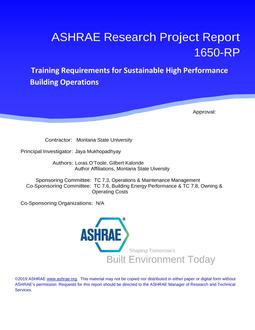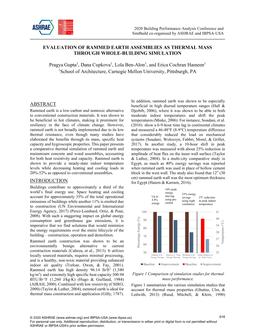This study explores a multiple criteria decision aid (MCDA) procedure to optimize the building envelope during the initial design, where a significant number of choices are fixed and have a determining impact on the future building cost and use. The objective of the design method is with respect to building costs, for the building construction and use, and energy performance improvement. An interactive tool has been developed within a multicriteria and multiactors context. In order to improve the architectural response to the client’s and regulation requirements, it gives decision-making aids to
• the project authors, in making up the project architectural forces, in accordance with the actors’ objectives;
• the client, in reaching objectives of costs, building duration, comfort, and functionality, while assuming responsibilities related to building energy and environmental performances. The design tool is organized in two linked modules, to which any actor may go at any time:
• the first one manages parameters describing the project requirements;
• the graphic module allows one to draw a sketch and calculates geometric parameter values that it puts back in the first module.
Permanently informed on cost and energy performances, the user can search at any time for an optimal scenario giving the best satisfaction or compromise. There are many graphs illustrating the performance sensitivity to parameter variation, as well as an optimization procedure using a genetic algorithm to find the most efficient parameter set. The software is organized to manage new building projects for houses, schools, and offices (small to medium-size projects).
Authors: Jean-Marie Hauglustaine, Ph.D.
Citation: Thermal Performance of the Exterior Envelopes of Buildings VIII
Keywords: December, Florida, 2001
Citation: Thermal Performance of the Exterior Envelopes of Whole Buildings VIII
Product Details
- Published:
- 2001
- File Size:
- 1 file , 2.9 MB
- Product Code(s):
- D-8028


